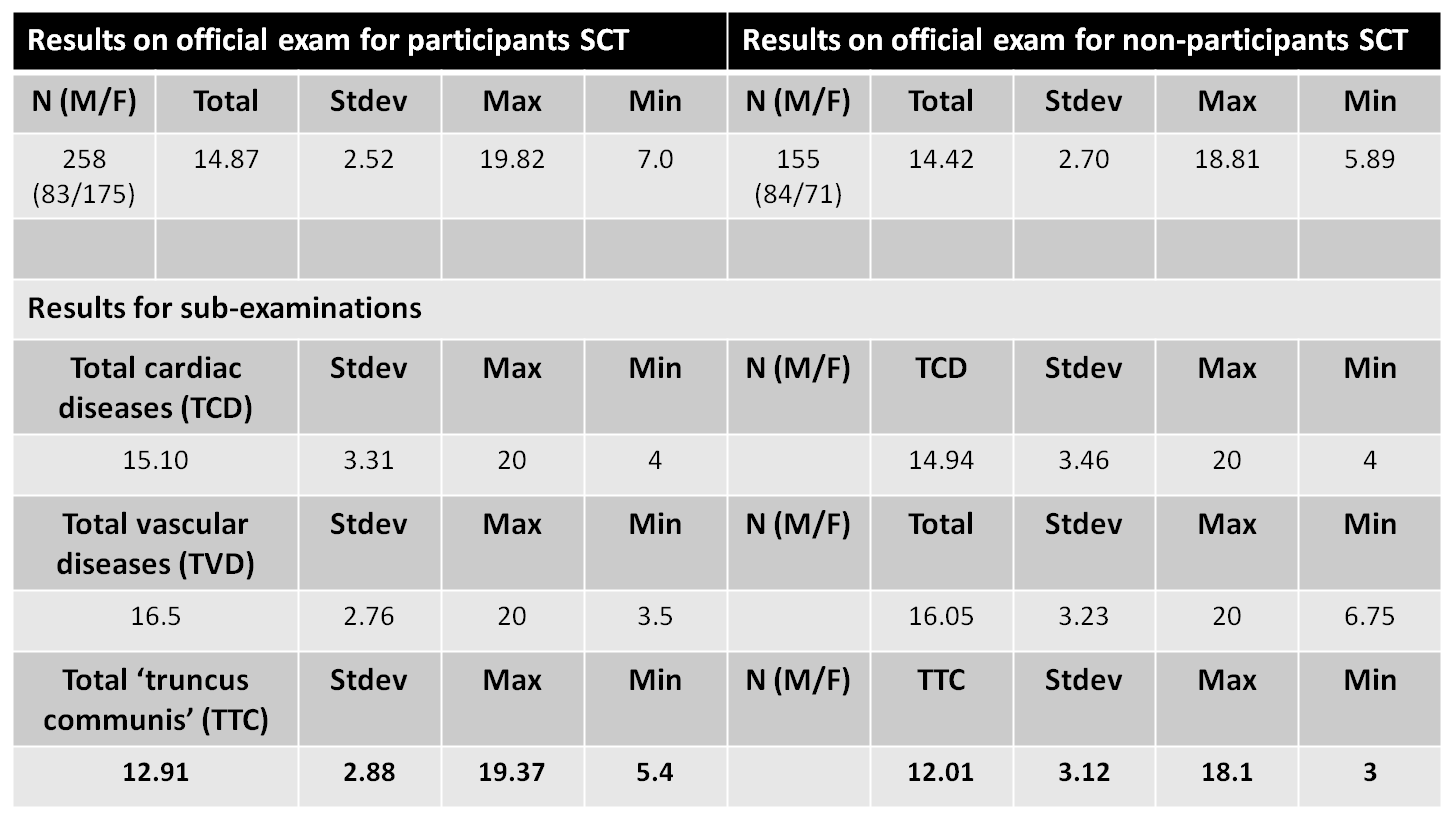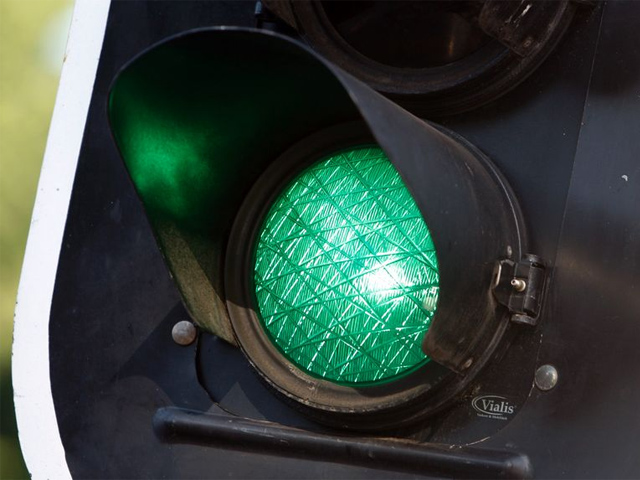


Theme
Assessment: Written and Feedback
INSTITUTION
(1) KU Leuven, Faculty of Medicine
(2) University Hospitals Leuven

Medical school curriculum at KU Leuven:
- 7 years (3+4).
- Course on cardiovascular diseases in the 5th year
- Current examination: SAMCQ & oral examination
Desire to examen more skills of clinical reasoning
? Scipt Concordance Test
⇔ Validity?
⇔ Reliability?
⇔ Perception of students?
Test SCT on cardiovascular diseases
- Participation = voluntarily
- SCT immediately after official examination
- Reward = 30' workshop on cardiovascular physical examination
-
Survey of
- personality traits (< 'Big Five')
- student perception
- Itemanalysis and analysis of reliability (α)
SCT on cardiovascular diseases in an undergraduate medical school
- is possible
- proved to be valid
- is accepted by students (and teachers)
- has an acceptable reliability
- ...
But students should be well prepared
- N=264 (≈ 2/3 of all students)
- M/F =86/175 (≈ 1/3 -2/3)
- 90% age: 22-23y
SCT test participating and non-participating students had the same results on the official exam.
SCT test participating students
- called themselves "cautious" and "theoretical', but "confident"
- preferred "straightforwarness > vagueness"
Item analysis was acceptable.
- 80/90 questions
- Item-total correlation above 0.2
Reliability was acceptable. (0.66 < α < 0.91)
The perception of students was that the test SCT was more difficult.
.png)
But participating students also mentioned that this was largely due to the fact that they were not familiar with this type of exam and that they were happy with this new type of exam as it was a more clinical exam.
Out of the free text remarks of participating students...
 |
' a very good alternative' 'more of these exams instead of classical MCQ' ' the way to go'... |
 |
'we're not used to this sort of questions, please help us / teach us in a different way' 'difficult' |
 Send Email
Send Email